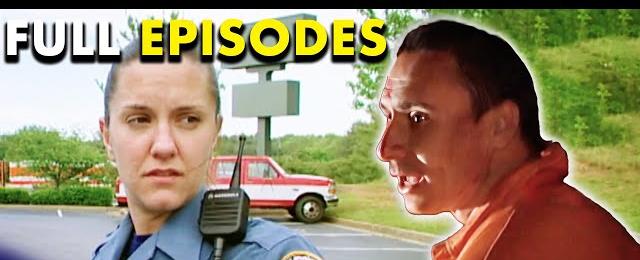Ride Along With Officers In Blue 🚨 🚓 | Cops TV Show

Have you ever wondered what it’s really like to be a cop in the field? Look no further than the long-running reality show, Cops. The show’s premise is simple: ride along with officers in blue as they respond to calls, chase suspects, and keep the community safe.
Each episode is a window into the unpredictable world of law enforcement, with officers facing everything from domestic disputes to high-speed car chases. The cameras capture the tense moments as well as the lighter side of police work, including officers joking around with each other and interacting with members of the community they serve.
One of the reasons Cops has remained so popular over the years is its ability to provide viewers with an inside look into the lives of police officers. Despite some controversy surrounding the show’s portrayal of certain communities, there is no denying that the show offers a unique perspective on the challenges and rewards of being a police officer.
As with any reality show, it’s important to remember that Cops is edited for TV and doesn’t represent the full picture of what it’s like to be a cop. Nonetheless, it provides a valuable glimpse into a world that many of us will never see firsthand.
In today’s society, interactions between police and the public are more scrutinized than ever. Cops can serve as a tool for enhancing understanding and fostering communication between law enforcement and civilians. By humanizing police officers and providing a platform for officers to share their experiences, the show can offer a unique perspective that can help bridge the gap between groups that too often see each other as adversaries.
Whether you’re a fan of the show or not, there’s no denying the impact that Cops has had on the way we perceive law enforcement. By highlighting the brave men and women who put their lives on the line every day to keep us safe, the show sheds light on what is often a thankless job.
Quick Links

